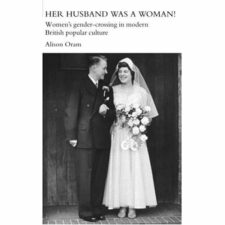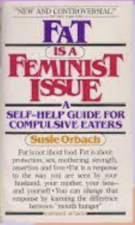There was a lass as I heard say,
Liv’d low doun in a glen;
Her name was Catherine Johnston,
Weel known to many men.
Down came the laird of Lamington,
Doun from the south countrie;
And he is for this bonnie lass,
Her bridegroom for to be.
He’s asked her father and mother,
The chief of a’ her kin;
And then he did ask the bonnie lass,
And did her favour win.
Doun came an English gentleman,
Doun from the English border;
He is for this bonnie lass,
To keep his house in order.
He ask’d her father and mother,
As I do here them say;
But he never asked the lass hersell
Till on her wedding day.
But she has wrote a long letter,
And sealed it with her hand;
And sent it to Lord Lamington
To let him understand.
The first line o’ the letter he read,
He was baith glad and fain
But or he read the letter o’er
He was baith pale and wan.
Then he has sent a messenger,
And out through all his land;
And four and twenty armed men,
was all at his command.
But he has left his merry men all;
Left them on the lee;
And he’s awa to the wedding house,
To see what he could see.
But when he came to the wedding house,
As I do understand;
There were four and twenty belted nights,
Sat at a table round.
They rose all to honour him,
For he was of high renown;
They rose all for to welcome him,
And bade him to sit down.
O meikle was the good red wine,
In silver cups did flow;
But aye she drank to Lamington,
For with him would she go.
O Meikle was the good red wine,
In silver cups gaed round;
At length they began to whisper words,
None could them understand.
“O come ye here for sport, young man,
Or come ye here for play?
Or came ye for our bonnie bride,
On this her wedding day?”
“I came not here for sport, young man,
Neither did I for play;
But for one word o’ your bonnie bride,
I’ll mount and go away.”
They set her maids behind her,
To hear what they would say;
But first the question he ask’d at her,
Was always answered nay;
The next question he ask’d at her,
Was always answered nay;
The next question he ask’d at her,
Was, “Mount and come away?”
Its up the Couden bank,
And doun the couden brae;
And aye she made the trumpet sound,
It’s a weel won play.
O meikle was the blood was shed,
Upon the couden brae;
And aye she made the trumpet sound,
It’s a’ fair play.
Come a’ ye English gentlemen,
That is of England born;
Come na doun to Scotland,
For fear ye get the scorn.
That’ll feed ye up wi’ flattering words,
And that’s foul play;
And they’ll dress you frogs instead of fish,
Just on your wedding day.
This popular Scottish ballad was sung by Mrs Thompson of Kilbarchan, Renfrewshire when she was aged between 60 and 70. The newspaper editor and antiquarian William Motherwell wrote it down as she sang in 1825 and it survives in his notebook. Songs of courtship and love were a central part of her repertoire.
Further Reading
Katie Barclay, ‘Composing the self: gender, subjectivity and Scottish balladry’, Cultural and Social History, 7(3), (2010), pp. 337-353.
Katie Barclay is interested in the way that women used songs to convey messages about their lives or experiences. She is a historian at Queen’s University, Belfast.
Tagged Catherine Johnston, courtship, female singers, Katie Barclay, oral tradition, Song

